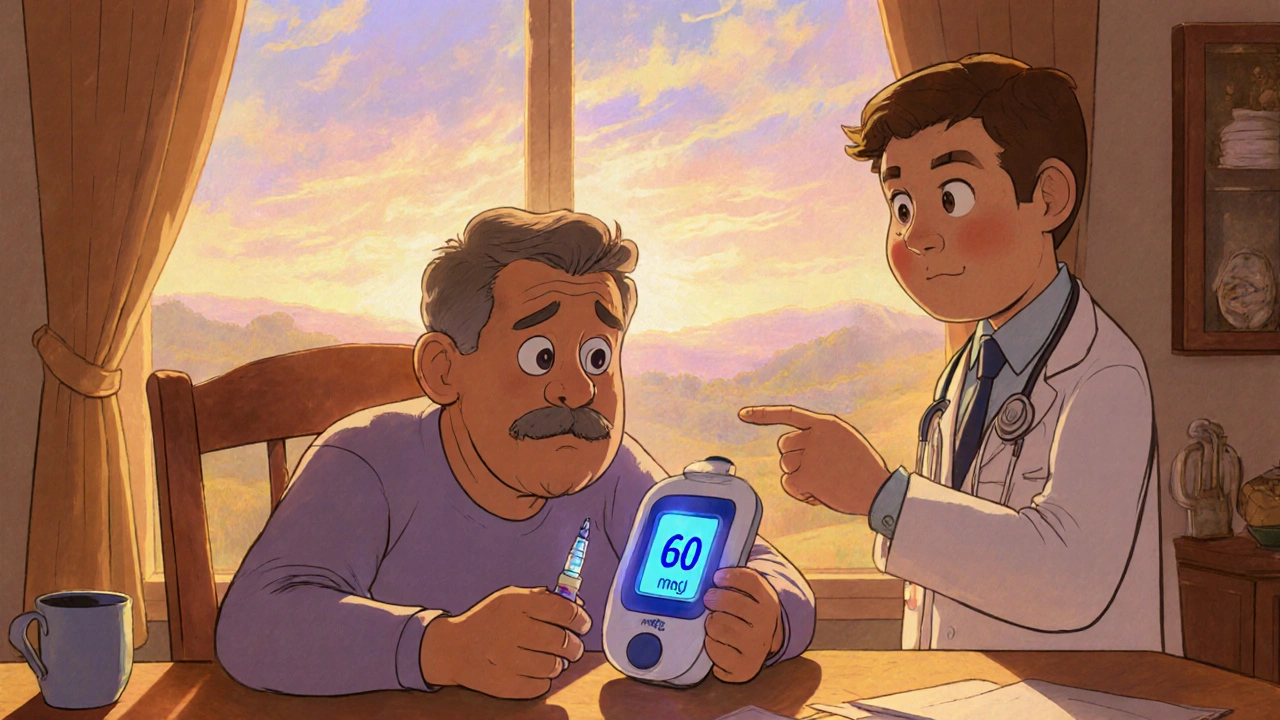Diabetes: Understanding Causes, Management, and Mental Health Links
When you have diabetes, a chronic condition where the body can’t properly use or produce insulin to regulate blood sugar. Also known as hyperglycemia, it’s not just about eating too much sugar—it’s about how your body handles energy, hormones, and long-term stress. About 1 in 10 adults live with it, and many don’t realize how deeply it connects to their mood, sleep, and daily decisions.
Insulin, the hormone that lets cells absorb glucose from the blood, is at the heart of the problem. In type 1, the body attacks insulin-producing cells. In type 2, cells stop responding to insulin, even if it’s there. That’s why blood sugar, the amount of glucose circulating in your bloodstream becomes a daily number you can’t ignore. It’s not a one-time test—it’s a rhythm. Skip meals? Blood sugar drops. Eat carbs without movement? It spikes. Stress? It climbs. And over time, those spikes damage nerves, kidneys, eyes, and even your heart.
What most people don’t talk about is how diabetes and mental health, the strong link between chronic high blood sugar and conditions like depression, anxiety, and diabetes distress feed each other. Constantly checking glucose, counting carbs, worrying about complications—it wears you down. Studies show people with diabetes are twice as likely to develop depression. And when you’re depressed, you’re less likely to take your meds, eat right, or move. It’s a loop. The good news? Managing one helps the other. Small wins—like a 10-minute walk after dinner or talking to someone who gets it—can break the cycle.
You’ll find real, no-fluff advice here: how certain meds affect your mood, what foods actually stabilize blood sugar (not just "avoid sugar"), and why some people succeed with lifestyle changes while others need insulin sooner than expected. There’s no single path, but there are proven strategies. Whether you’re newly diagnosed, managing for years, or supporting someone who is, this collection gives you the facts—not hype.

Insulin Therapy Side Effects: Managing Hypoglycemia & Weight Gain
Learn why insulin therapy can cause hypoglycemia and weight gain, how to recognize and treat lows, and practical steps to keep weight in check.